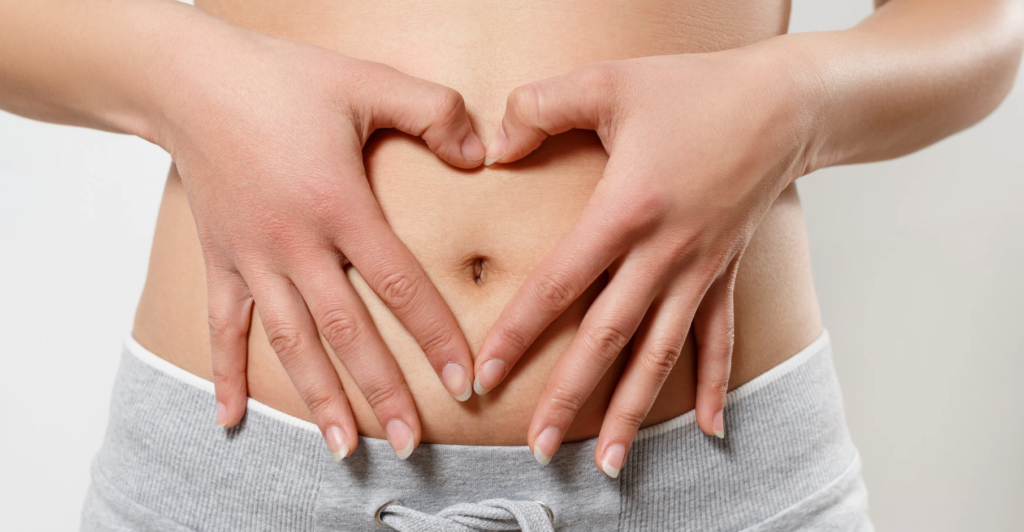Important Nutrients for Pregnancy
Eating a well-balanced diet during your pregnancy can have a dramatic impact on your baby’s health, before birth and for the rest of their lives.
Ideally, planning healthy pregnancy meals should start months before conception. Boosting the quality of your eggs at least six months before pregnancy and ensuring you don’t have any nutrient deficiencies is key for building a solid foundation.
Here is a summary of the most important nutrients for pregnancy and a list of nourishing pregnancy meals.

Folate
Folate is an umbrella term for a type of B Vitamin, called B9. The synthetic form of folate is known as folic acid, the naturally occurring form is known as methylated folate (5-MTHF).
Folate is arguably one of the most important nutrients for pregnancy as it helps to prevent neural tube defects within the first month of pregnancy. Eventually the neural tube will develop into the baby’s spine and brain.
We also need a good supply throughout pregnancy to ensure red blood cells develop properly and to lower the risk of miscarriage and pre-eclampsia.
There is a gene, known as MTHFR, which codes for an enzyme that converts folic acid into the more usable form, folate. Unfortunately, 1 in 3 women have a variant of this gene that causes the conversion of folic acid to be impaired.
To ensure you are benefiting fully, I suggest taking 400mcg methylated folate at least 6 months before conception and increasing to 600mcg, 1-3 months before and during pregnancy. You may need more if you’re pregnant with multiples, or if you have diabetes or epilepsy.
All prenatal supplements will contain some folic acid or folate. Choose one that has a methylated form most commonly written as methylfolate, 5-methyl-TF, 5-MTHF, or L-methylfolate.
Some of the best folate-rich foods include, chicken liver, black beans, chickpeas, eggs, leafy greens, bananas and enriched grains.
Iron
Iron needs increase significantly during pregnancy due to a doubling in blood volume. Iron helps with the transportation of oxygen around the body and keeps your energy levels up.
Daily recommended intake (DRI) is 27mg per day. Animal based sources of iron are the best absorbed, such as beef, lamb, pork, chicken, turkey, seafood and shellfish. Plant based options include nuts and seeds, dark leafy vegetables such as spinach, and beans.
Please note, the quantity of plant based foods required to hit your daily needs are substantially higher than animal based sources due to impaired absorption. Including an array of high Vitamin C foods in your diet at the same time could help with absorption. Citrus fruits, bell peppers, tomatoes and strawberries are all good options.
Calcium
Requirements for calcium also increase during pregnancy to support the baby’s bone growth. The DRI is 800 mg/ day, a small amount that can be obtained from a combination of diet and a prenatal supplement.
Dairy based foods such as milk, yogurt and hard cheeses are the best sources If you are a vegan or vegetarian that doesn’t consume dairy, you will want to increase your intake of plant based calcium rich foods such as leafy greens, chia seeds, nuts and quinoa.
Vitamin D
Vitamin D is another essential nutrient that should be included in your pregnancy diet.
Unlike other nutrients, Vitamin D acts more like a hormone and can be made by the body. The nutrient enabling the absorption of calcium from food and supplements and allows calcium to move into and out of bones.
Exposure to sunshine at certain times of the day triggers Vitamin D production in the skin. Limited sun exposure, especially during the winter, darker skin tones and use of sunscreen and clothes can limit the amount your body makes.
With the exception of fish and eggs, few foods naturally supply Vitamin D. I suggest getting Vitamin D testing before and during your pregnancy, supplementing with at least 1,000 IU D3 per day and even more if you are deficient.
Choline
You may not have heard of choline, however, this is a key nutrient to include in your pregnancy diet. Choline allows normal functioning of all cells, with some studies suggesting that it works with folic acid to reduce neural tube defects.
Animal studies also show that choline is important for normal brain development and functioning especially the memory centers of the brain during pregnancy.
A small amount can be made by the body but you need the majority to come from your diet and many prenatals either don’t have any choline or just small amounts. Some of the best foods for pregnant women include those that are rich in choline, such as eggs, pork, ground beef and salmon.
DHA
DHA is the most dominant fat in the brain, helping to support neuron production and function. Your growing baby needs a steady supply of this nutrient to optimize development particularly from the 24th week onwards.
It also supports healthy retina growth. Thankfully your body can store this nutrient but demands are high. Studies suggest pregnant women need at least 200mg DHA daily. DHA is found almost exclusively in seafood particularly the fattier varieties such as salmon and mackerel.
I suggest pregnant women eat at least two low -mercury fish meals (8 ounce total) every week and breastfeeding women more.



